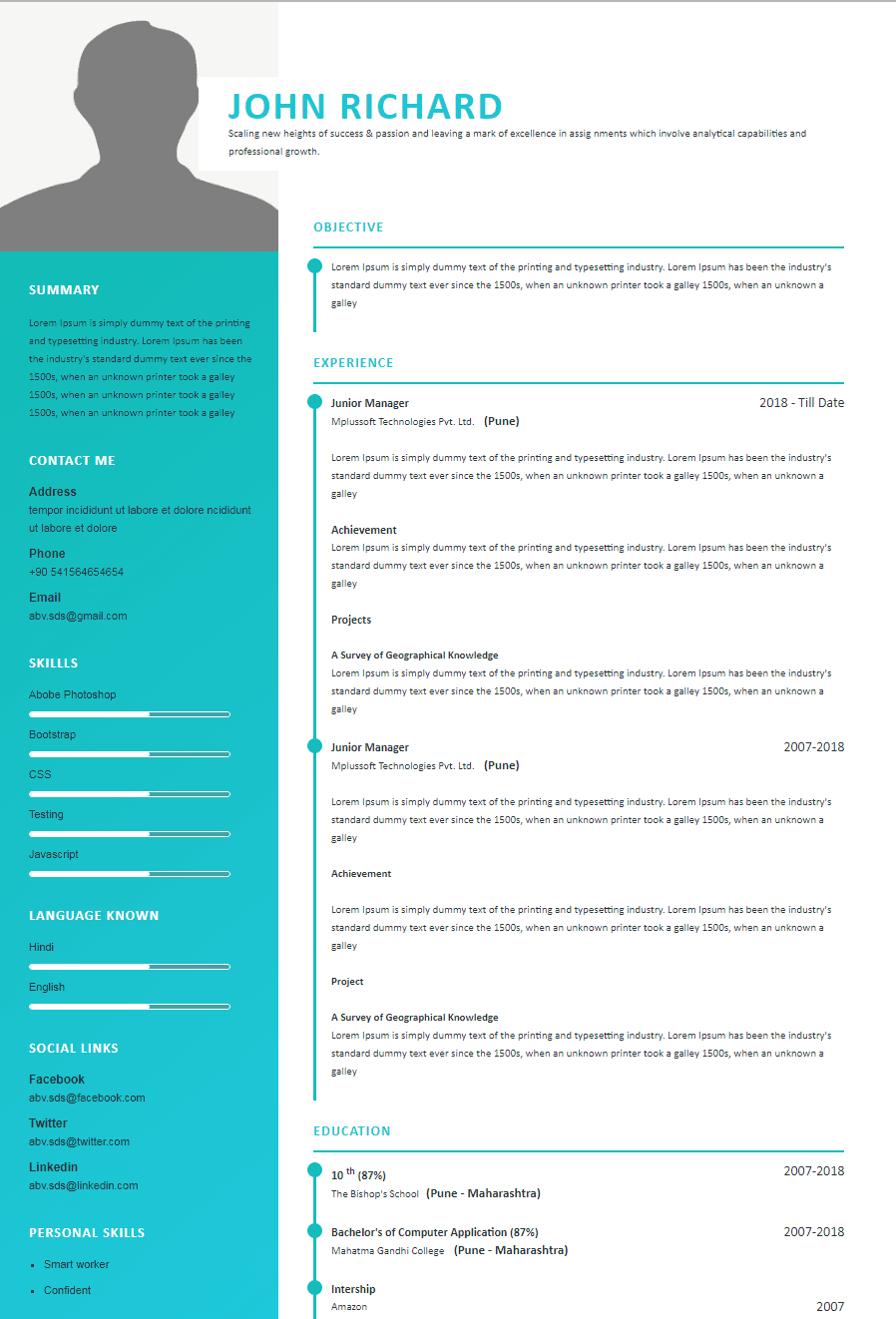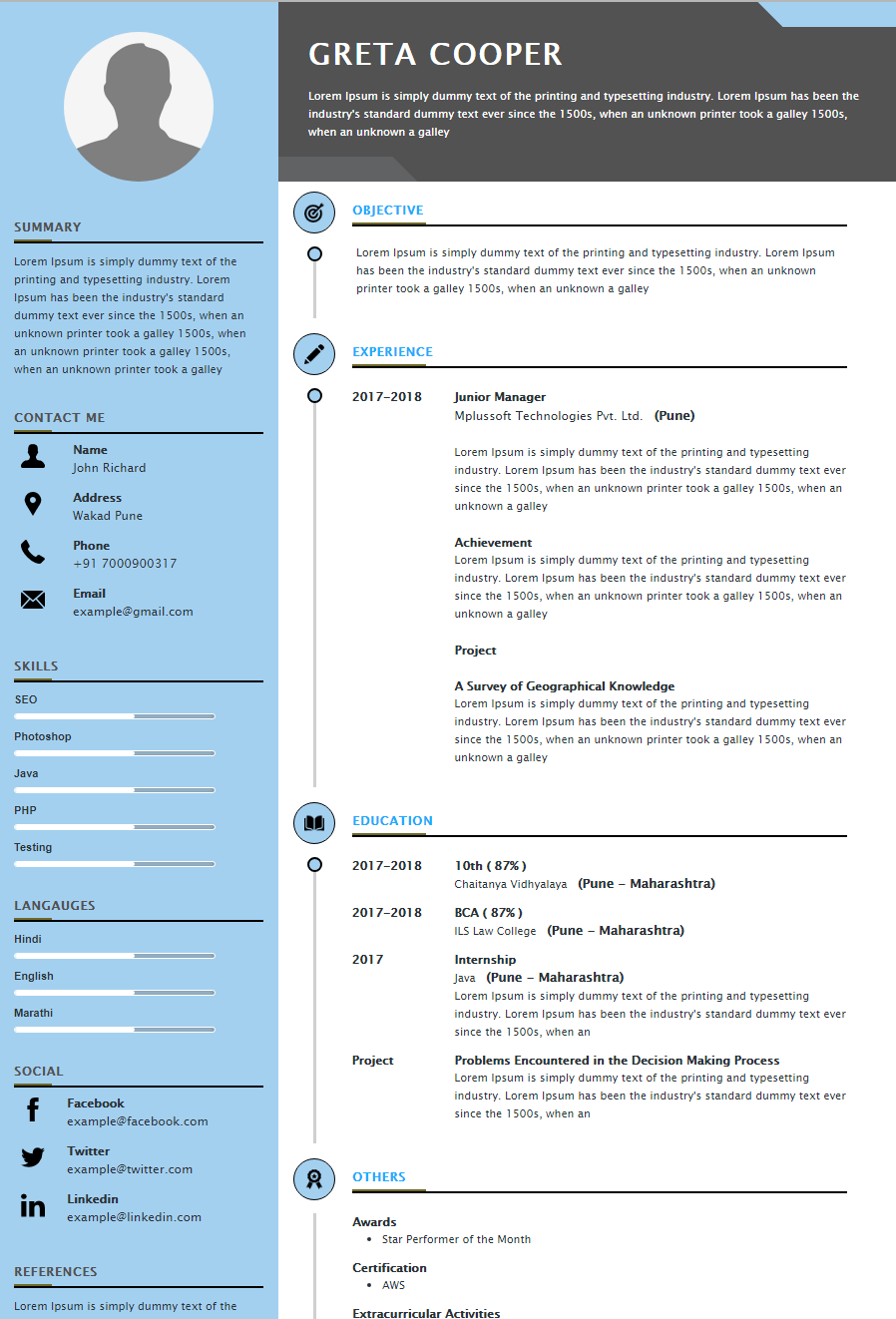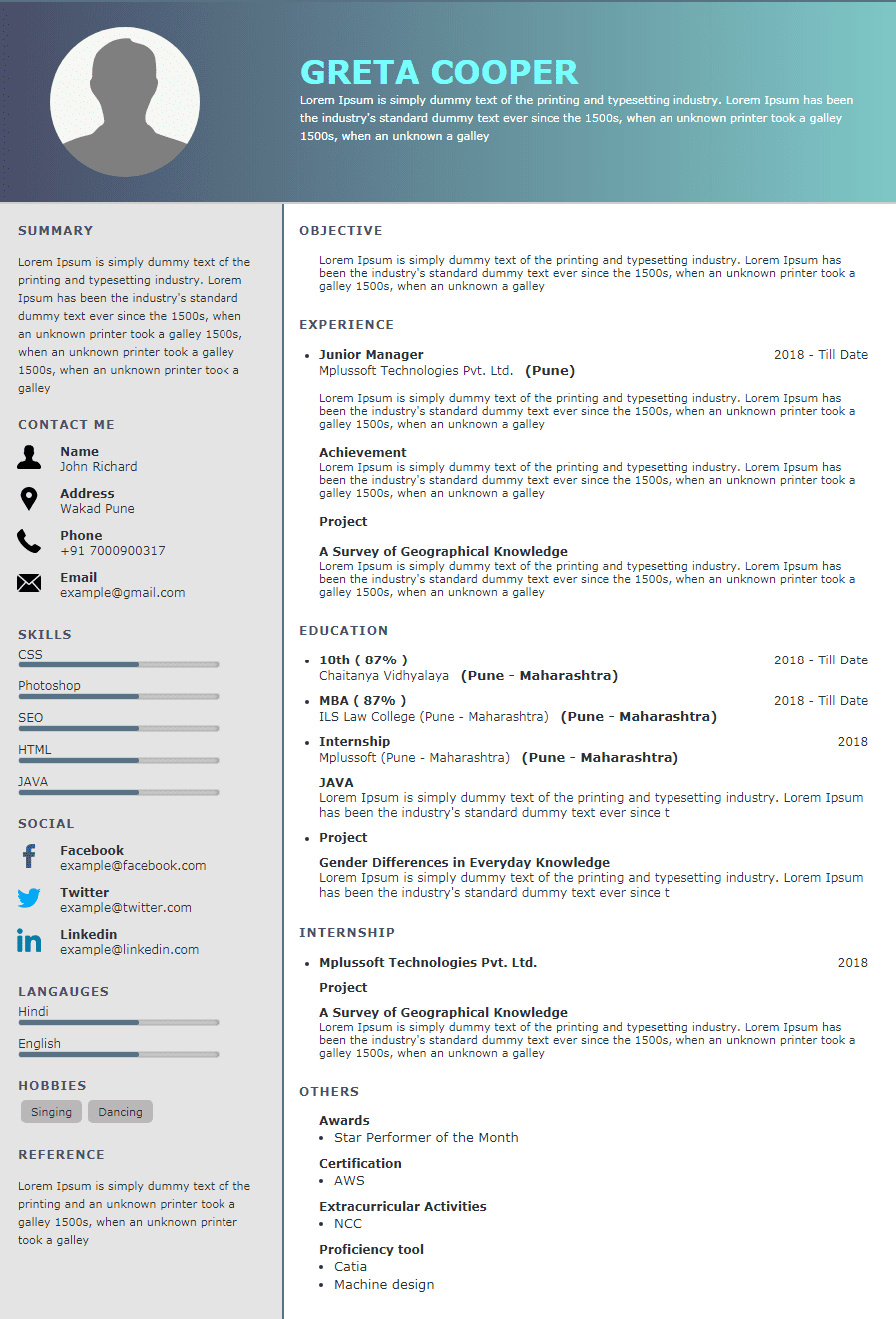

Learn useful tips for preparing for interviews, writing the best resumes, and effective guidelines to advance your career.
List of Long-Term Career Goals Examples - and More
Let's talk about examples of long-term career goals. Career goals are important for everyone because they help you move forward and motivate you to improve and grow. In job interviews, employers often ask about your long-term career goals. They want to see how your goals fit with their company and how you can contribute to their team. While these questions may seem simple, they often have a deeper meaning. It's important to understand why interviewers ask about your long-term goals.
Interviewers often ask questions like, "What are your long-term and short-term career goals?" and "Where do you see yourself in five years?" They ask these questions for specific reasons. The interviewer wants to understand your mindset and see if you are genuinely interested in staying in the job for a long time or if you are just looking for any job. Your answers help them figure this out.
If an employer sees that your goals don’t match well with the company, your chances of getting the job may decrease. The interviewer might decide not to move forward with your application. Let’s talk about some examples of long-term career goals and how to answer questions about your career goals effectively.
How should I respond when asked what your long-term career goals are
We'll talk about how to respond to inquiries about long-term professional goals. We need to keep in mind that our career goal will be related to the company’s vision and mission. The interviewer may not think much of you if the employer does not believe the organization can fulfill your career ambition
To prevent this, make a real effort to consider and practice your long-term career goals so that the position you're seeking aligns with your career strategy. This means first we need to go through the job description of the desired company which helps to understand what they are looking for, and then accordingly you can prepare for that answer. During the interview, you must highlight your skills, particularly while discussing your plans.
It's a very simple way, whenever you answer this question first, then you ought to think for at least 2-3 seconds and where you actually want to reach in your career and accordingly you have to prepare your answer.
What are your long term career objectives - how to answer?
We will discuss how to give answers on long term career objectives questions. We need to keep in mind that our career goal will be related to the company’s vision and mission. If the employer does not feel that your career goal can be satisfied by the company interviewer may not consider you as a strong candidate.
You can avoid this try to truly think about your long term career goals and practices it so that the job you are looking for fits in your career plan. Means first we need to go through the job description of the desired company where it helps to understand that what they are looking for, and then accordingly you can do preparation for that answer. You ought to highlight skills during the interview especially when you are talking about your future plans.
It's a very simple way, whenever you give the answer to this question first, then you ought to think at least 2-3 seconds and where you actually want to reach in your career and accordingly you have to prepare your answer.
Sample answer for What are your long term career objectives?
Career goals are not limited to just one. A person can have many long-term career goals, and these goals can be different based on their education, experiences, and personal ideas.
Let’s look at some sample answers for people with various backgrounds and experiences. Here are some common examples you can use when answering questions about your long-term career goals.
My short-term goal is to become a counselor. I want to help my clients in the best way possible. I know it's important to get training and experience. So, I'm looking forward to improving my skills in analyzing information and providing good customer service in an entry-level job.
My long-term career goal is to become the head of the department one day. I want to keep getting better at my job and work my way up in the company. In the future, I'd like to work in management, focusing on strategy and development to build my career.
My short-term goal is to gain experience and earn the trust of my managers. If I can show that I am reliable quickly, I would like to take on bigger responsibilities. I know this may take some time, but I am ready to work hard to do my job well.
Achieving my short-term goal will help me set my long-term goals after I get some experience in the industry. I see myself working with different clients and eventually handling larger clients for the company. These goals will help me reach new heights in my career.
Things to avoid while answering questions regarding your long term career goals.
Here are a few things that you need to avoid while answering questions on career goals,
Avoid giving examples of career goals that aren't realistic. Make sure your answers are true and believable. It's important to be confident when you respond, as that shows you are sure of yourself.
Avoid being overly confident, as it can come across as arrogance during the interview. It's important to show confidence, but make sure to stay humble in your answers.
Don’t give examples of goals that are not professional or don’t relate to the job you are interviewing for. When answering these questions, stay focused on the topic and make sure your answers are relevant. Your response should highlight your professional goals.
Long-term goals examples for MBA students.
Here are some examples of long-term career goals for students studying for an MBA. To create a strong career vision, think about how your past experiences connect to your reasons for pursuing an MBA. These examples can help you answer questions about your career goals during interviews, showing how your goals align with your background and your plans for the future.
Sample list of long term career goal
Here is a sample list of long-term career goals. We’ve discussed some common goals that can help you think about your career aspirations. Use these examples to inspire and create your own goals for developing your career
Here are some simple ways to express those goals:
Learn new skills: Pick up new abilities that can help you in your career.
Learn or develop new skills
Attain a promotion
Obtain a new job
Gain experience
Improving networking skills
To win an award
Goals regarding productivity
Goals focus on improving the ability to achieve expected results
The goal of continuing professional education
Goals focused on improving yourself
Conclusion
In this article, we discussed long-term career goals and gave some examples. We also shared sample answers to help you prepare for questions about your career goals during interviews.
Interviewers often ask about your career goals to learn more about you, your thoughts, and your motivation. It’s important to get ready for these questions, as they can be tricky for some people.
Take your time to prepare for interviews, and it will help you feel more confident when discussing your long-term career goals.




